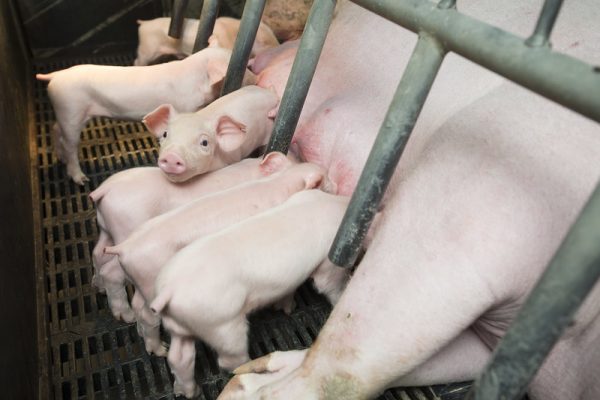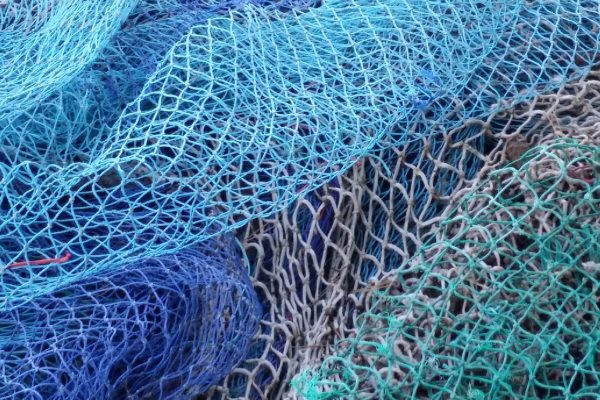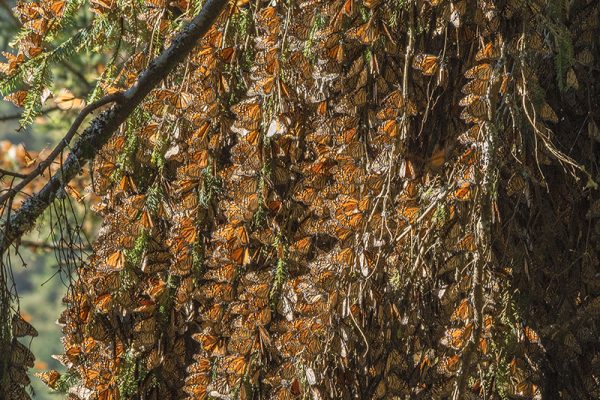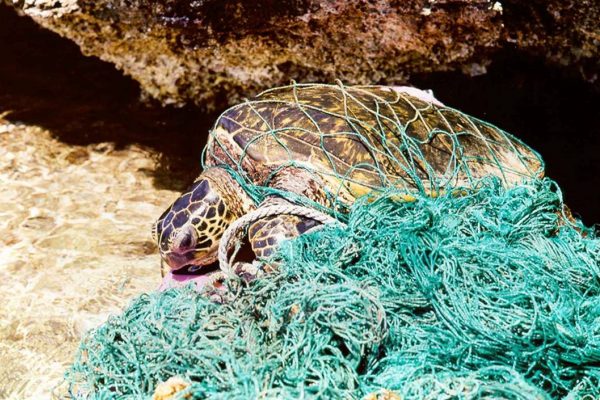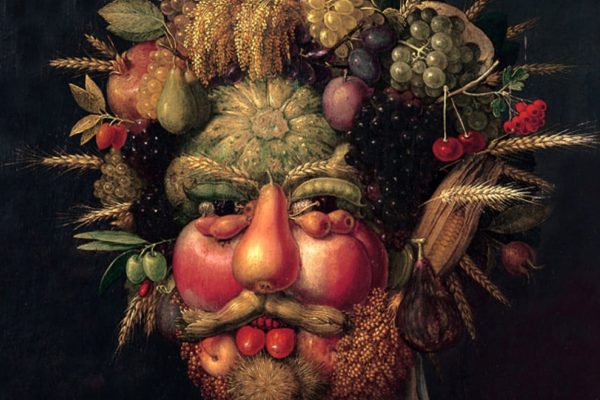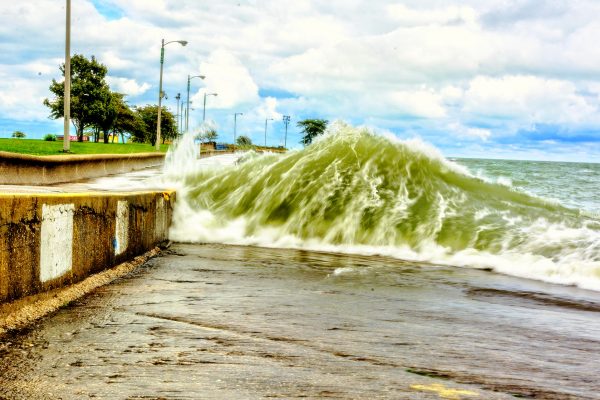After more than twelve months spent in quarantine and isolation, this year’s Earth Day felt more urgent than ever. After all, it is impossible to separate the pandemic from our climate crisis: “We know that environmental destruction aided the conditions that led to this outbreak,” writes environmental humanities scholar Sunaura Taylor. “Deforestation, rising temperatures, and the loss of habitat, all forced species into closer contact with each other, including with our own.”
“The spread of the virus reminds us that our bodies are enmeshed with the bodies of other creatures and ecosystems,” Taylor continues, arguing that struggles for Medicare for All and a Green New Deal are two sides of the same coin. “Our health is only as safe as the most endangered species, the most exploited industrialized food animal. Or, that of the most clear-cut forest, the worst-regulated and polluted ecosystem.”
With this rallying cry in mind, today’s belated Earth Day reading list takes a dive into some of those endangered and exploited species and habitats, from the impending extinction of monarch butterflies to America’s sick waters and the dying marine mammals that inhabit them. “I love you,” Alexis Pauline Gumbs tells the latter in an essay that overturns typical climate writing. “And even on your sickest, saddest day, you deserve an ocean as blue as your name.”
But we’ll leave the last word to Troy Vettese, whose essay on COVID-19 and factory farming puts it as bluntly as possible: “In a world unravelled by zoonotic illness, it should be clear that inter-species solidarity is essential to any vision of a just society.”
Struggles for Medicare for All and a Green New Deal are two sides of the same coin.
In a world unraveled by COVID-19, the brutality of factory farming demands we rethink our relationship to animals.
If many marine mammals are on the verge of extinction, it is not for lack of environmental activism, but because we are entangled in a global financial system that it does not seem possible to transform.
Monarch butterflies may be gone in thirty years. Saving them seems apolitical, but environmentalists have landed in the sights of drug cartels, illegal loggers, Trump supporters, and even clandestine avocado farmers.
Silicon Valley has turned the problem of marine plastic waste into yet another avenue for “disruption.” But why should clean oceans have to make good business sense?
A new book on climate change deploys an old theme, pitting man against nature. This is not only wrong; it stands in the way of a just future.
From the Great Lakes to the Flint River, we have devastated our waters through negligence, lethargy, and good intentions.


